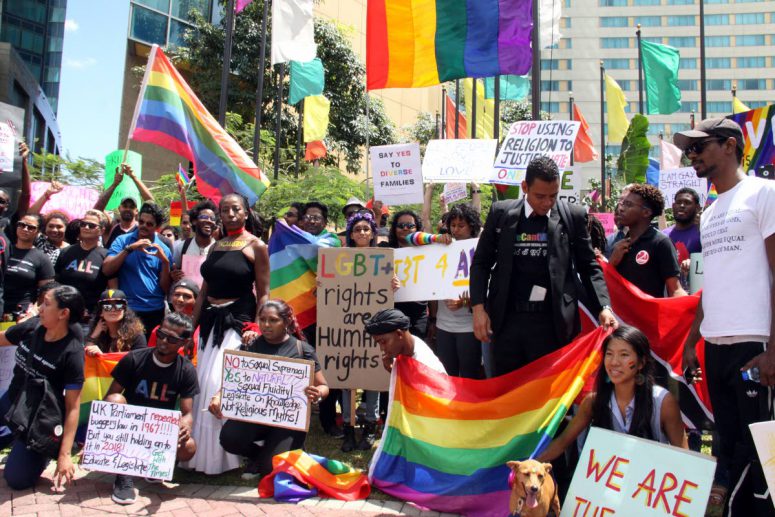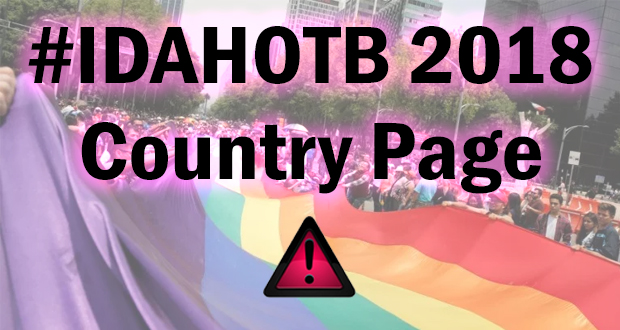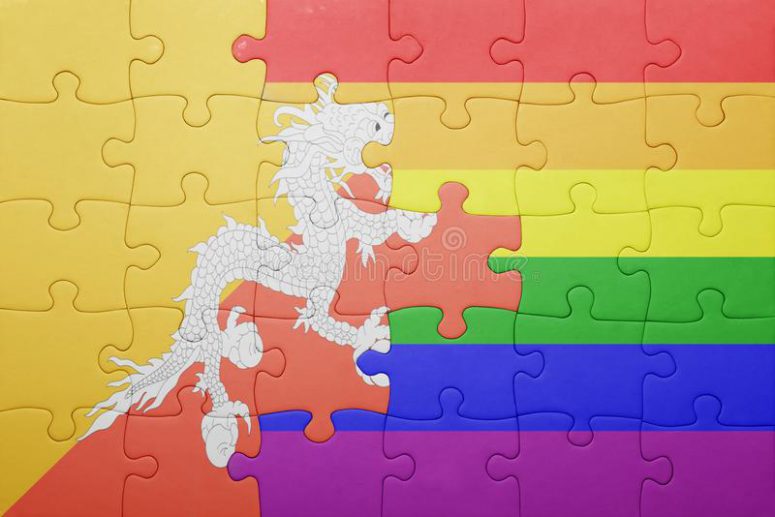From Newsday
‘Homophobia, biphobia, transphobia affect us all’
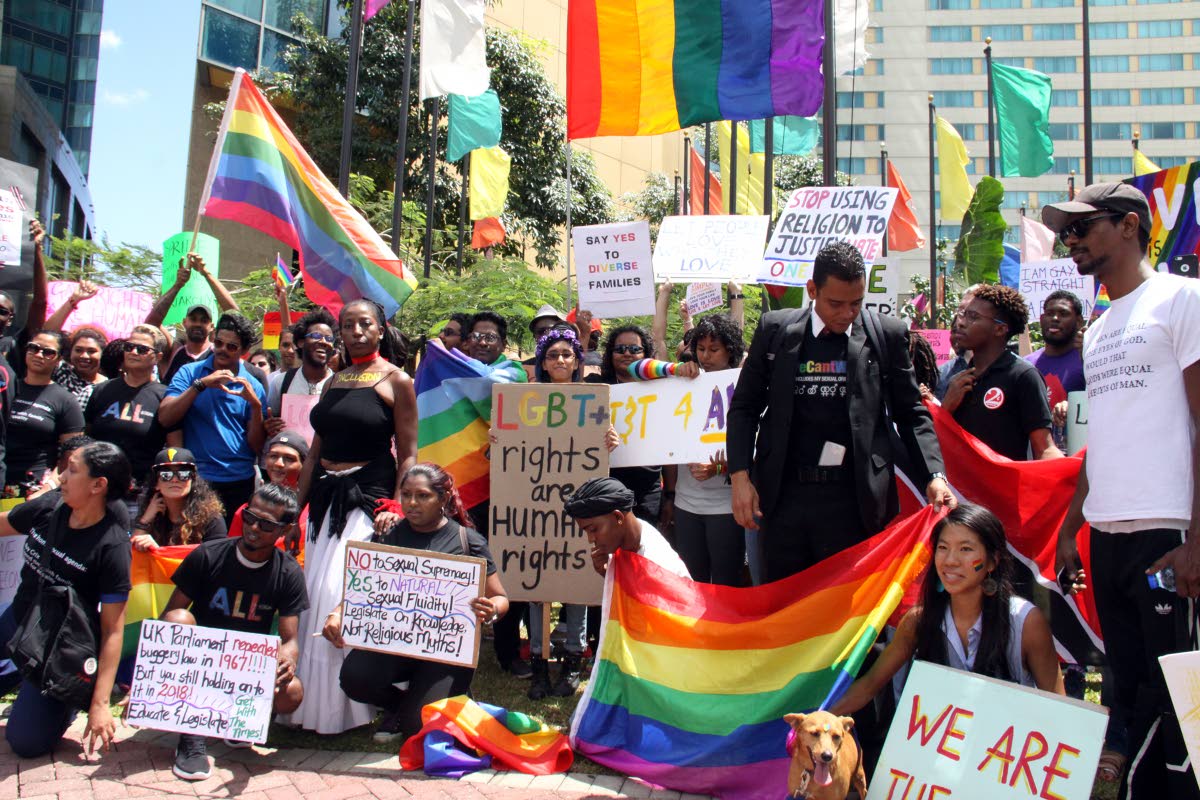
IT has been 28 years since the World Health Organization (WHO) declassified homosexuality as a mental disorder.
In 2004, the International Day against Homophobia was first observed. That morphed into the International Day against Homophobia, Biphobia and Transphobia (IDAHOT). The day, according to www.apa.org, “has become a global occasion to educate about lesbian, gay, bisexual and transgender (LGBT) people, and to advocate for sensible public policies regarding LGBT people.”
In TT, the Alliance for Justice and Diversity, a coalition of lesbian, gay, bisexual, transgender, queer and intersex (LGBTQI) community groups, has organised a day of events. The day is being observed today.
The member groups include CAISO Sex & Gender Justice, Friends For Life, I Am One, the Silver Lining Foundation, T&T Transgender Coalition, Womantra, and the Women’s Caucus of T&T.
The day’s events begin with a Pride flag-raising at the British High Commission, St Clair, between 8.30-9 am, then shift to Nelson Mandela Park, St Clair, for a picnic from 3-6 pm, and a solidarity rally featuring song and poetry then takes place at Studio Rumours Lounge, Woodbrook, from 8-10.30 pm.
For Angelique V Nixon, board member of CAISO and project lead researcher of a Sexual Culture of Justice – an activity-based human-rights project focused on gender-based violence, LGBTI rights and protection – the day’s events are a continuation of part of the wider work being done within and by the community.
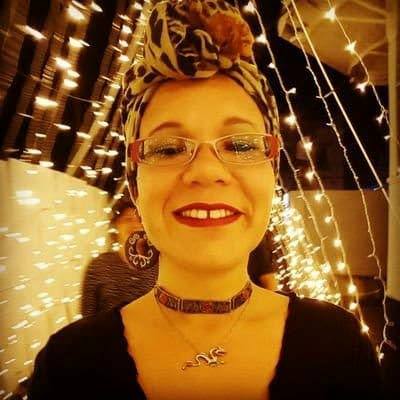
She explained, “The Alliance for Justice and Diversity represents seven LGBT organisations in TT, and each of us focus on different things and one of the major projects we have been working on for the past year and continues for the next two years is the sexual culture of justice, which is about transforming sexual and cultural norms…working to protect and expand our rights and protection for LGBTQI persons living in TT.”
Days such as IDAHOT, she added, “provides an opportunity to recognise how discrimination based on sexual orientation and gender identity are continuing to impact the community in significant ways.”
Since the Jason Jones vs State ruling, Nixon said the community has seen increased violence and moral panic. Last month’s High Court ruling in the case by Justice Devindra Rampersad found Sections 13 and 16 of the Sexual Offences Act – which criminalised consensual homosexual acts – unconstitutional.
“That has raised a lot of moral panic and increased violence in many ways. So that is one of the issues we need to address…in particular, some of the evangelical churches have raised a lot of fear and panic around what may happen as a result of this court case,” she said.
Currently, the alliance’s goal is to educate the public and media about what the court ruling means. It is also seeking to let the public and media know that “the work continues, as the court ruling can take years and the Government has said they are not changing anything right now. So our job is to ensure LGBT people in communities feel as safe as possible and that we are also educating the public and media.”
Days such as IDAHOT offer the alliance and its represented organisations the opportunity to continue their work and awareness around these issues.
There has been an increase in the number of incidents and cases of discrimination against members of the LGBTQI
community since the ruling, she said. The alliance is collecting reports of discrimination and violence. The LGBTQI community has since faced housing discrimination, with people being kicked out of their homes (by landlords, parents and guardians), and reported cases of people being discriminated against at their workplace and/or being fired.
People, she added, have also been harassed while using public transportation or in the streets. Nixon said there have been at least 15 different reports which the alliance is “working through to get them collated, obviously protecting people’s identities.”
It intends to report these to the human rights desk at the Attorney General’s office as well as at the Equal Opportunity Commission “even though they are not able to do anything about it, because sexual orientation is not included as a protected class. But we are still going to report those cases and do it monthly or bi-monthly as is needed.”
Nixon wants the public to know: “Homophobia, biphobia and transphobia affect all of us. It does not only affect LGBT persons. When we discriminate against others, it is harmful to all of us and many people.
“The more acceptance and the more tolerance we create as a society will only enhance our ability to live and love freely. It is not taking rights away from anybody else.”
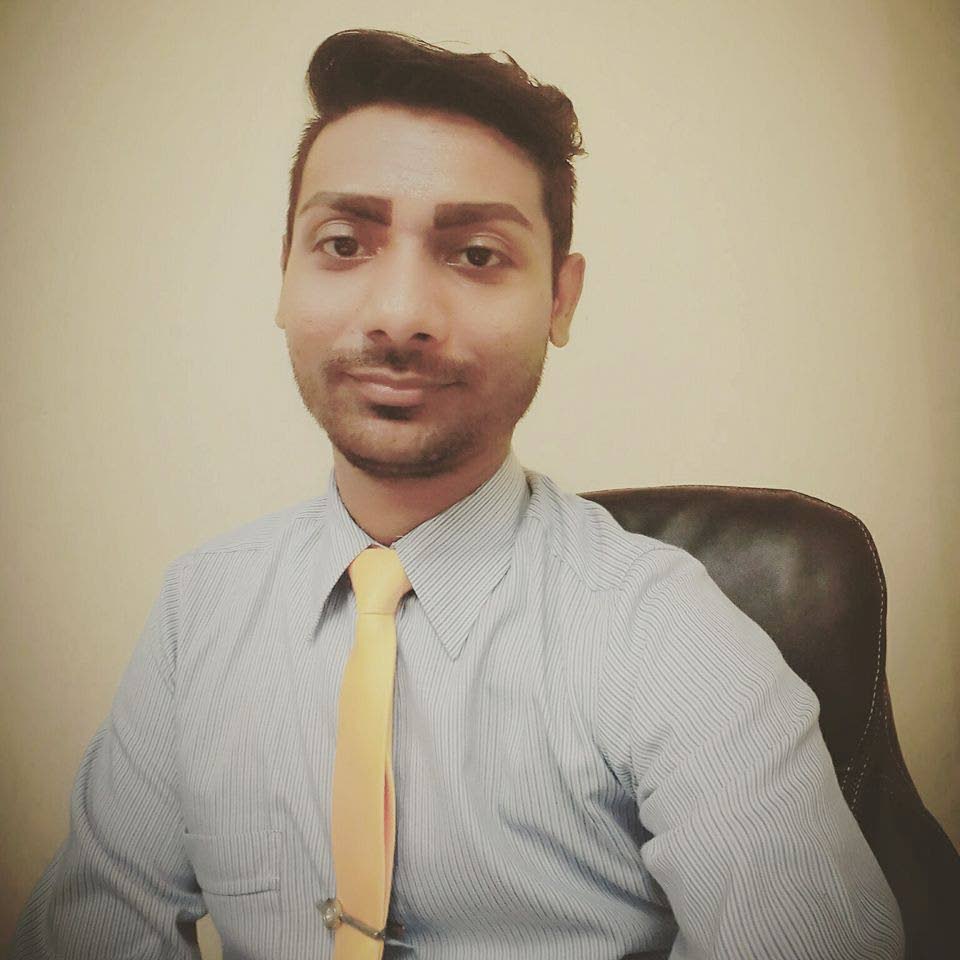
Kennedy Everett Maraj, chief administrative officer of the Silver Lining Foundation (a guardian body for the prevention of bullying, suicide and discrimination primarily geared towards LGBTQI youths) said the events around IDAHOT “provide a safe space for citizens to share their personal struggles and experiences with discrimination because of their gender identity and sexual orientation.” It also sensitises the public on “the ways we are guilty of reinforcing and perpetuating negative stereotypes and myths and misconceptions about homosexuality that adversely affect LGBTQIA citizens.”
Maraj said a lack of understanding and compassion from society continued to be a major problem.
The work being done by the alliance and its supporting groups, Maraj said, helps to “dispel the prevailing prejudices and stereotypes which homophobia is built on, so that greater awareness and sensitisation of the actual issues affected by LGBTQI citizens are given the importance they deserve in order to find sustainable solutions.”
He added that the court ruling “ultimately legitimises the LGBTQIA community as law-abiding citizens of this nation, which should then act as a guarantor for our human rights that successive governments have so far cowered away from.”
More importantly for him, the ruling has “ignited a spark from LGBTQI citizens to demand their human rights in a more vocal, pronounced and visible manner.”
Being LGBTQIA, he added, was not a sickness or disease, or phase or choice.
“People are born gay, despite what others try to tell you.
The country needed to address its homophobia, he said, “whether it is based on simple prejudices or actual hate, and start treating all people as human beings, affording them the same love, respect and protection we all desire.”



